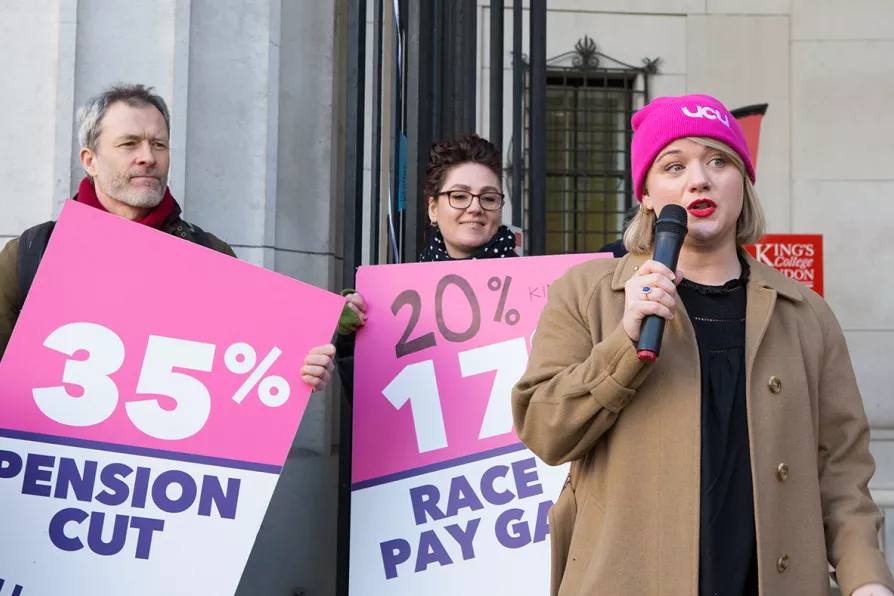From London’s holly-sellers to Engels’s flaming Christmas centrepiece, the plum pudding was more than festive fare in Victorian Britain, says KEITH FLETT

 UCU general secretary Jo Grady
UCU general secretary Jo Grady
STAFF are no longer prepared to be the “shock absorbers” for a failed neoliberal model in higher education whose pay, pensions and working conditions can be sacrificed to protect profits, UCU leader Jo Grady told the Morning Star today.
Speaking to the daily miracle after a press conference at UCU headquarters in London’s Camden borough to announce groundbreaking national strike votes across UK universities, Ms Grady said she was confident workers would do what it takes to win despite the soaring cost of living and the costs of being on strike.
UCU members have voted 81.1 per cent on a 57.8 per cent turnout for strikes over pay and conditions, and 84.9 per cent on a 60.2 per cent turnout for strikes over attacks on their pensions.

CWU leader DAVE WARD tells Ben Chacko a strategy to unite workers on class lines is needed – and sectoral collective bargaining must be at its heart

Almost half of universities face deficits, merger mania is taking hold, and massive fee hikes that will lock out working-class students are on the horizon, write RUBEN BRETT, PAUL WHITEHOUSE and DAN GRACE

It’s tiring always being viewed as the ‘wrong sort of woman,’ writes JENNA, a woman who has exited the sex industry











